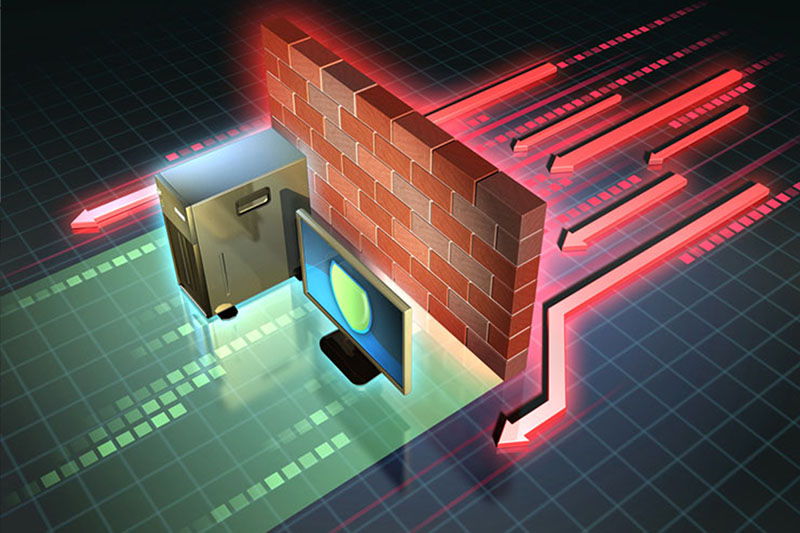Backup Before You Start
Use 3, 2, 1 backup system: keep 3 copies of your data, 2 on physical media and 1 in the cloud. Use two different types of media, a portable hard drive and a thumb drive for example. Use an online backup service with automatic, scheduled backup sessions like Carbonite.com. Arrange backup system NOW before you start or continue working.
Back ups should be in THREE (3) different places in additionto your computer:
- Cloud backup: many services Google Drive, Dropbox, Box.com. You can keep it simple and free with Google Drive or OneDrive or more complex if you need to network with many people on the same cloud.
- Physical hard drive you keep in your office/workspace.
- Keep one physical backup off-premises if possible, or on a thumb drive.
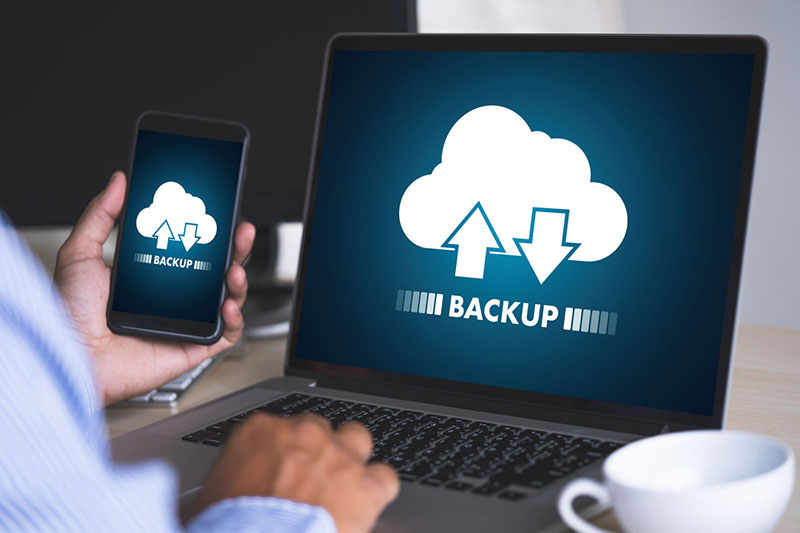
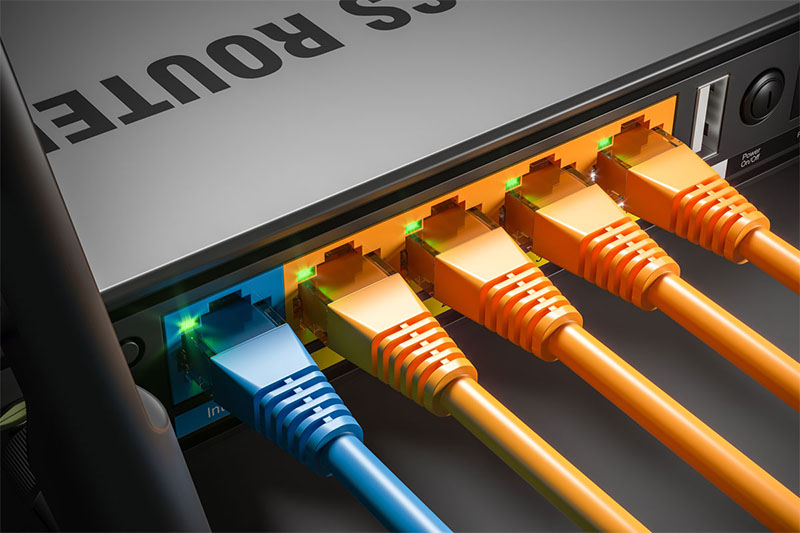
Switch to a Better Router
Use a VPN for Sensitive Work
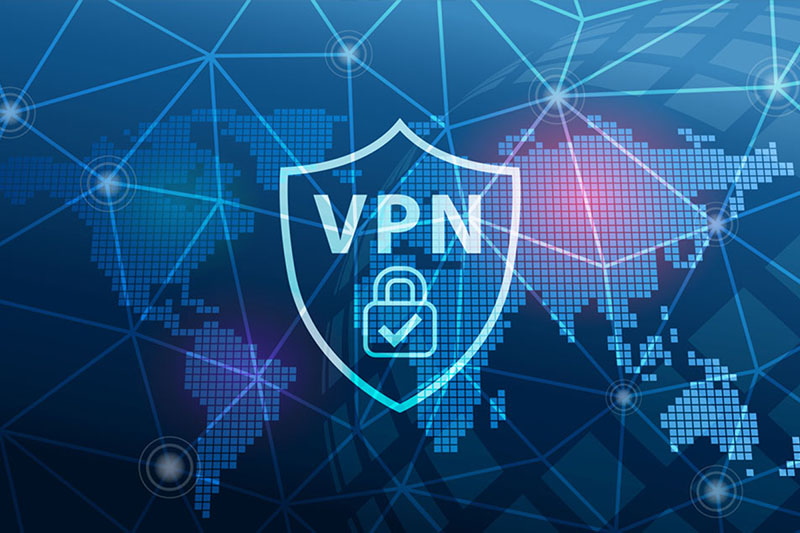
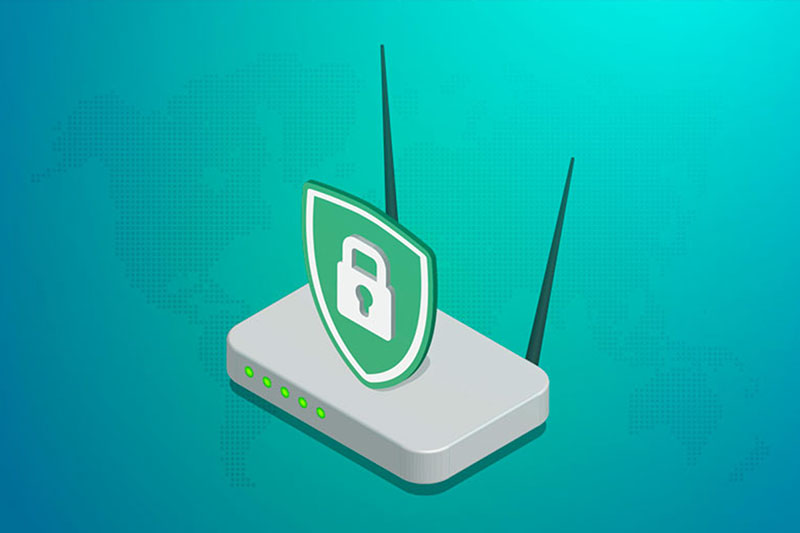
Consider Using a VPN installed in a Router
Create a Regular User Account
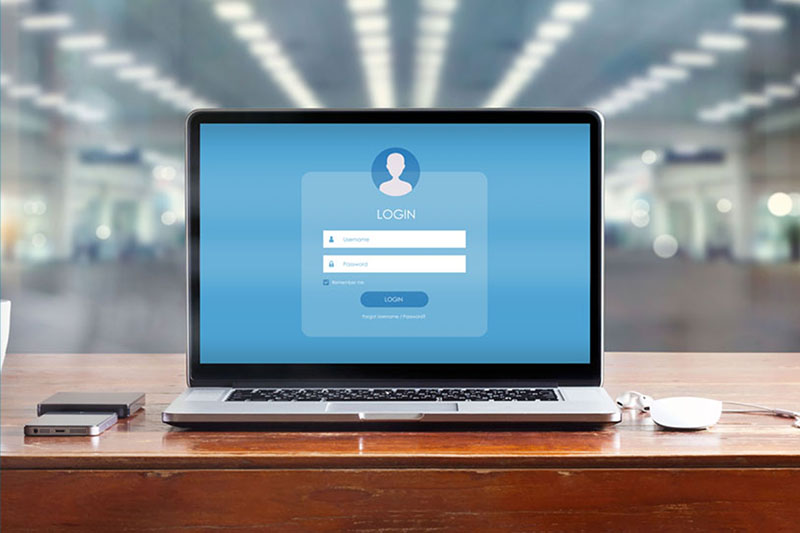
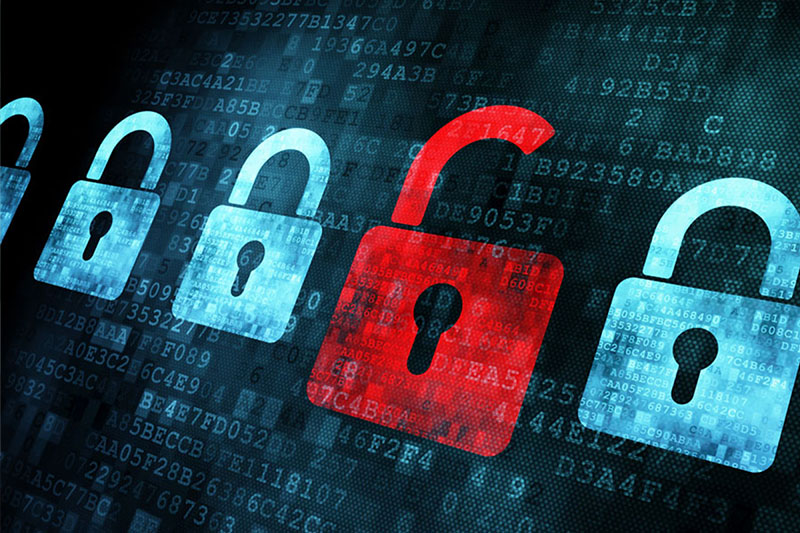
Use Computer Security Software
Malware Detection
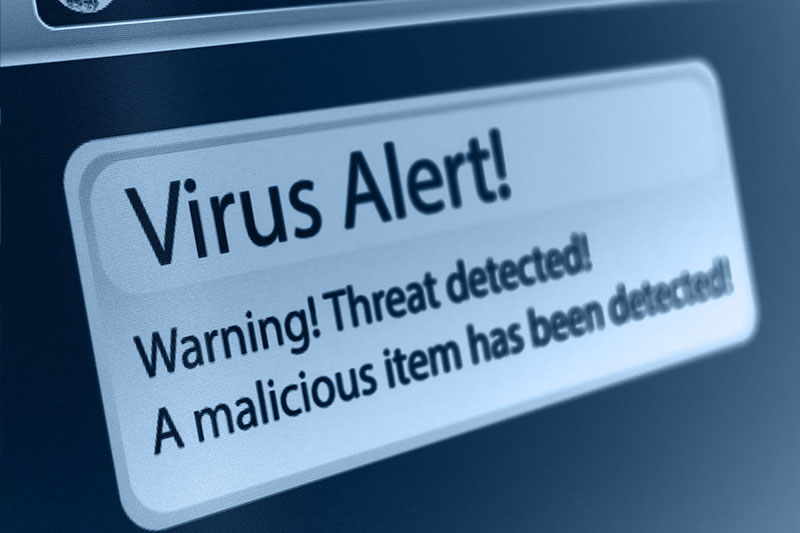
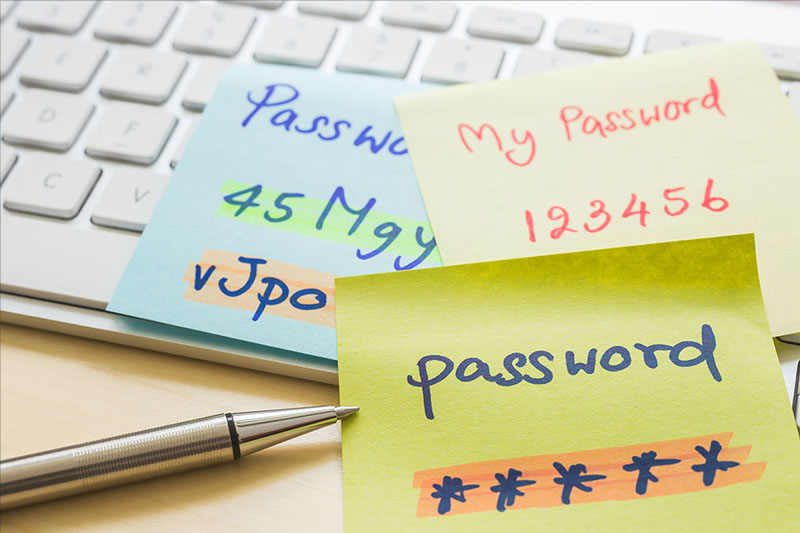
Use Password Manager Software
Encrypt Files at Rest
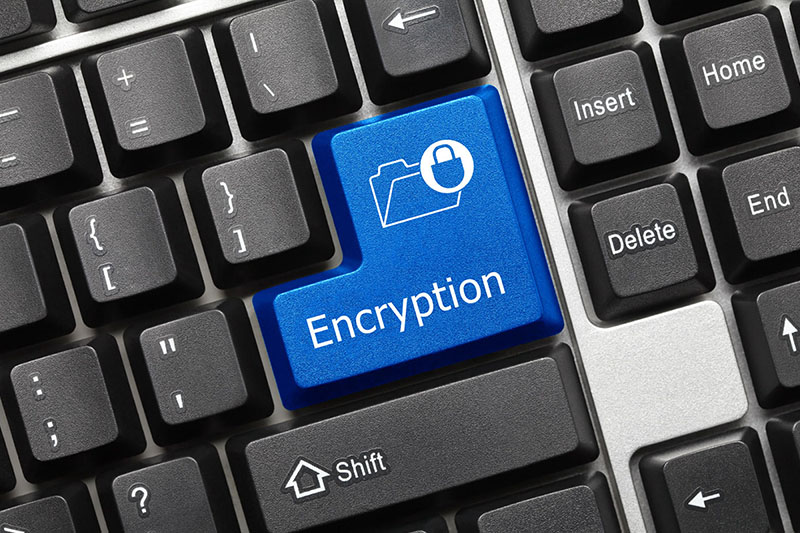
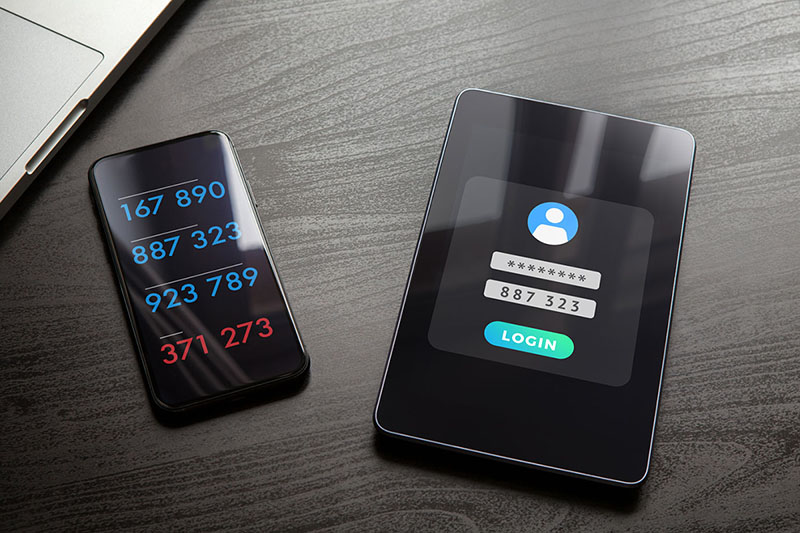
UseTwo-Factor Authentication
Software or devices that generate a verification code number you use in addition to a password. Google HQS began using YubiKey and their email takeover rate went to zero. Use either a software version on smart phone or a hardware token or key:
- Authenticator apps from Microsoft or LastPass
- Hardware –tokens that generate authentication numbers or plug in devices like YubiKey
Consider a Hardware Firewall to Prevent Internet of Things (IoT) Attacks
Hardware firewalls help screen malware at the Wi-Fi router. Malware that comes in from the Internet will be screened out. Devices with malware that connect to your router such as guest laptops & phones will also have their malware screened out too. Box by Bitdefenderand Norton’s Core are top products.
